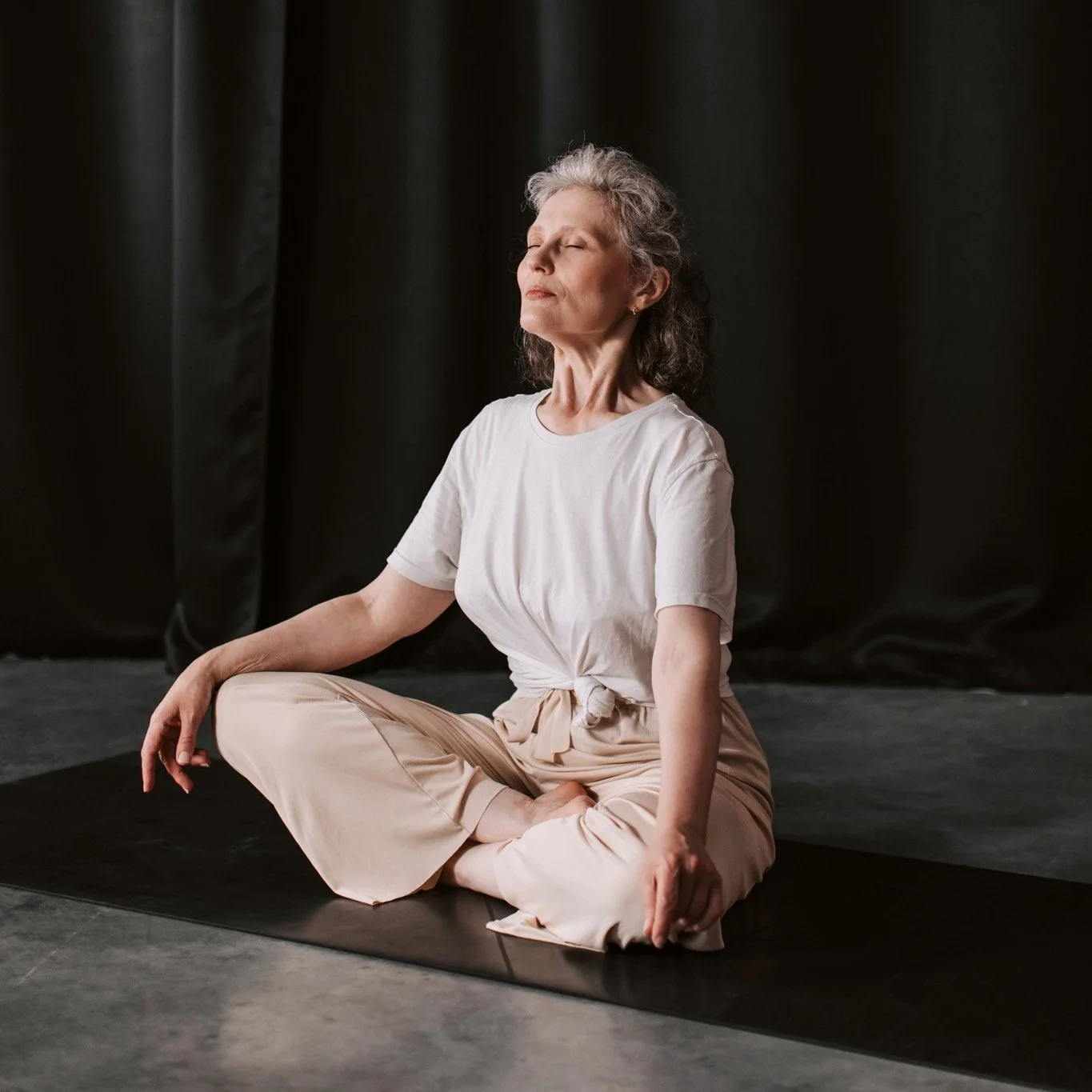
Explore Our Mindfulness Services
We are an educational platform sharing the benefits of mindfulness with people from all walks of life.
Learn More
Our approach is rooted in both ancient traditions and neuroscience that allows mindfulness to be accessible to a wider audience.
let’s get started!
Search Inside Yourself
PROGRAM
Utilizes neuroscience, attention training, and emotional intelligence in this evidence-based program to help you unlock your full potential.
Adaptive Resilience
PROGRAM
Interactive program promoting resilient thinking within teams and organizations as a means of coping with adversity.
Beginners Mindfulness
COURSE
4-week program to help beginners cultivate a mindfulness practice to respond to life's challenges with skill and grace.
1:1
Coaching
SESSIONS
Personalized 1:1 coaching sessions to tailor your mindfulness practice to suit your specific and unique needs.
Frequently Asked Questions
-
We can view meditation as a formal practice—an intentional period of time spent, usually seated, with a distinct goal such as calming the mind or expanding personal awareness. In contrast, mindfulness is a skill that we can engage constantly, every single day and no matter what we are doing. Better yet, it is something that we can get more adept at with time.
-
Mindfulness can improve memory and performance, decrease the experience of pain, reducing anxiety and depression, and even having a protective impact on physical connections within the brain.
In fact, mindfulness has been embraced by and benefited a broad spectrum of people, including high school students, serving soldiers and veterans, athletes, medical professionals, and the elderly. As science continues to demonstrate the positive neuroplasticity that mindfulness can awaken, it shines a light for those seeking a more fulfilling and meaningful life.
-
Our minds are incredible, multi-faceted processing instruments—a spectacular gift—that we really can't pause completely. In fact, mindfulness isn't about stopping our thoughts at all, but rather noticing their presence, acknowledging them, and accepting their nature observationally. Many aspiring practitioners are surprised to discover that there are even meditations specifically designed to work with thoughts, so don't be concerned, because they truly aren't the enemy!
-
Many people get the idea of mindfulness mixed up with that of meditation. But the scope of mindfulness is so much broader. You can practice mindfulness when you are driving, working, eating, doing chores—the possibilities are endless!
At its heart, mindfulness means switching off auto-pilot; paying attention to your body, breath, thoughts, and behaviours; and becoming aware of the world around you—of the myriad of sensations and insights available to you in the now.
-
It's true that Buddhist monks have been practising mindfulness for more than 2000 years, but that doesn't mean that it is directly tied to any kind of spirituality. When mentioning mindfulness, many commentators lump it in with the alternative or “out there” or woo-woo ideas. But in reality, scientists have been studying the effects of mindfulness for quite some time, and its impact on the brain is quite profound.
-
Don't get me wrong. Beginning your journey on the path of mindfulness will require a little effort—especially in remembering to be mindful! However, far from being a practice that will leave you time poor, it is more likely to leave you finding greater value in the same 24 hours. Even if you feel that you have no time for meditation in your daily schedule, you can certainly embrace mindfulness—and you might even find that the hours open up as you do.
-
Many people try mindfulness, but when it doesn't leave them feeling permanently serene, they imagine that they were doing it wrong. This myth rather misrepresents mindfulness, because it isn't a miraculous quick fix that will prevent you from ever encountering discomfort again. What it will do is enable you to face discomfort with an acceptance and grace that allows you to move on through, relatively unscathed.






